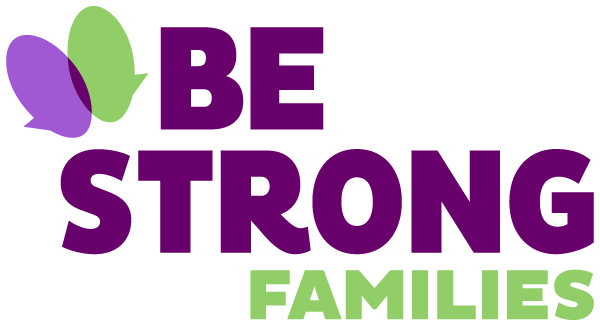A Path Towards Building Authentic Relationships and Creating Institutional Change
On Friday, September 25, 2020, Carol Mizoguchi, Director of the Office of Community Services in Alexandria, Virginia, led attendees in a discussion about anti-Black racism in the US and abroad, the language and vocabulary around anti-racism, and learning how to build authentic relationships.
The webinar began with Carol asking attendees a simple question: what is your definition of the word “racism”? The definitions given were varied, and Carol commended the group on their ability to define the term without highlighting hate and bigotry as a core pillar—after all, there would certainly still be racism (and the historical effects of racism) in this country if all current bigots disappeared.
White supremacy is more than a mindset, more than an avowed political ideology, and more than the belief system of skinheads and neo-Nazis. Racism would still be prevalent because, through colonialism and imperialism, societies around the world–including the United States–are organized hierarchically in ways that perpetuate an embedded power structure that has white people on top: privileged. Racism is systemic and institutionalized and, therefore, to many white people, invisible. If we are the fish, it is in the water.
Carol offered two definitions of racism: “Racism is the marginalization and/or oppression of people of color based on a socially constructed racial hierarchy that privileges white people” and “Race Prejudice + Power = Racism”. The latter definition can be seen in incidents such as the Charles Stewart murder case or the denial of GI bill benefits to Black soldiers, which resulted in racial housing discrimination for soldiers returning from war.
How is institutional racism perpetuated? Carol pointed out that since racism is ubiquitous and in our cultural DNA, it appears invisible and normal. Unless organizations make a concerted effort to become pro-multicultural and anti-racist, their policies and practices likely will perpetuate white organizational culture in subtle ways.
One example Carol gave is bereavement policies. Most companies give paid time off for bereavement to in the case of the death of an immediate family member and they specify what relationships constitute immediate family members: biological or adopted mother, father, or child. This represents a normative / white European notion of family. In many cultures, there are "fictive kin" relationships that can be as close or closer than blood relatives. An anti-racist bereavement policy would allow employees to determine who their immediate family members are.
We ran short on time as Carol began to address allyship. She was able to address the concept of degrees of allyship: active and passive. Carol has agreed to return for another webinar that continues this discussion. We are grateful for the depth and the specificity Carol brought to the topic of dismantling racism: the light she shined. Be Strong Families is committed to working where the rubber meets the road: on practical ways to implement grand ideas, frameworks, and good intentions. As such, we sincerely valued Carol's perspective and her willingness to teach.
If you missed this webinar, you can access it here. Join us for future webinars whenever your schedule allows. If you or your colleagues would like to host a webinar with us, contact us.
Photo Credit: Josie Desmarais
Montreal, Canada - July 13, 2016: Hundreds of protesters gathered at Nelson Mandela Park for a Black Lives Matter rally.

